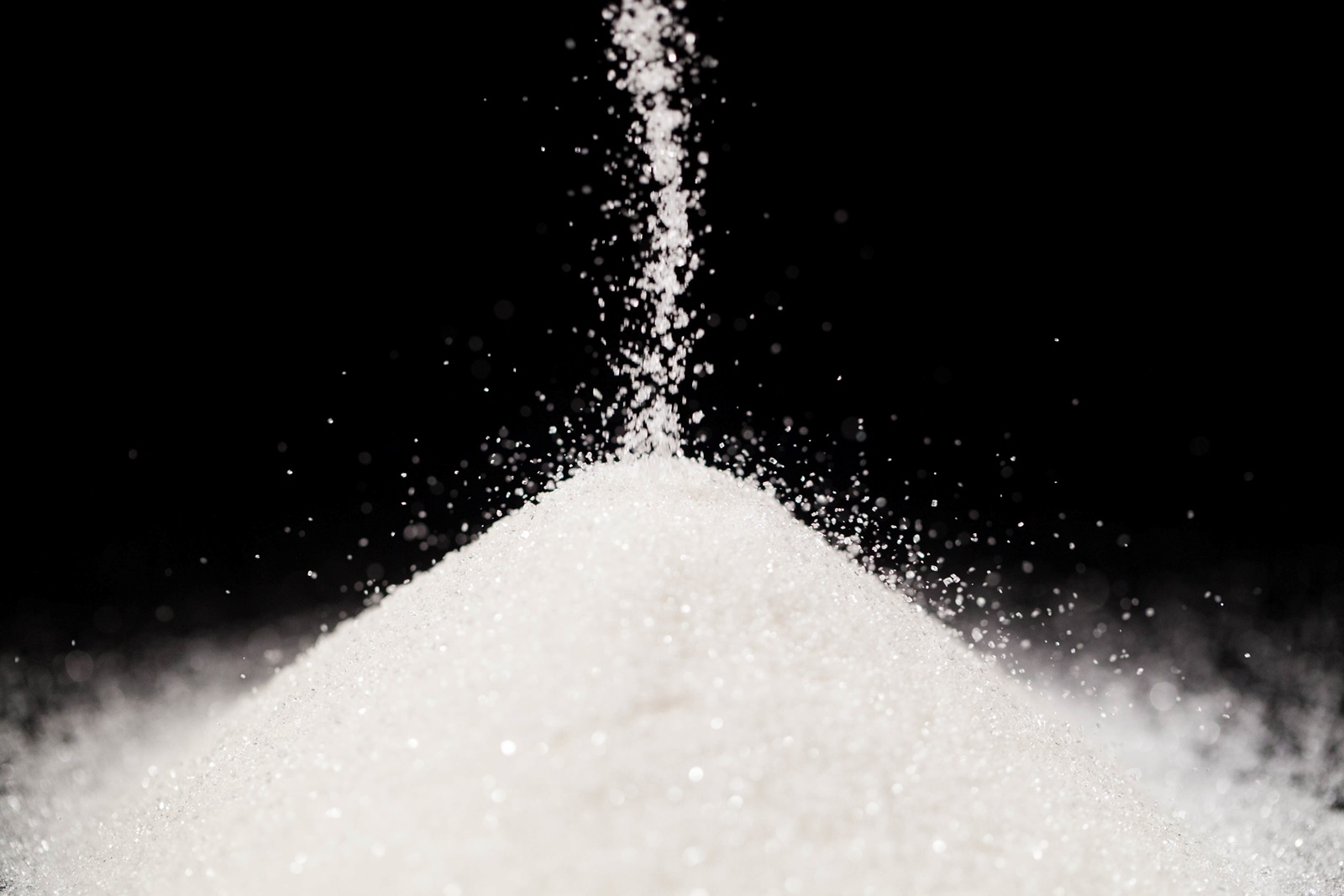In a significant move, India’s National Institute of Nutrition (NIN), falling under the purview of Indian Council of Medical Research (ICMR) has proposed revised dietary guidelines to tackle high sugar content in packaged foods and beverages. This marks a first for the country and replaces the previous focus on calorie thresholds, which have been in place for 13 years.
The new guidelines, curated by an expert committee at NIN, set specific limits on sugar content. For solid foods, the proposed threshold is around 5% of total energy intake from added sugar, with a maximum of 10% from all sugars (including naturally occurring ones). For beverages, the limit is stricter, with a proposed threshold of 10% of energy intake from added sugar and a maximum of 30% from total sugars (including natural sugars in fruit juices and milk).
This shift in focus from calories to sugar content reflects growing concerns about the negative health impacts of excessive sugar consumption. The proposed guidelines, if implemented, could significantly impact the sugar content of packaged products available in India.
According to Dr Babina NM, Chief Medical Officer, Jindal Naturecure Institut, with time, if passed, this change may contribute to people consuming less sugar overall and promoting better eating practices. She added that this move also raises people’s awareness of how much sugar is in food, encouraging them to carefully study labels and make educated decisions.
The sugar content in packaged foods varies widely. Certain items, such as candy and soft drinks, may have extremely high added sugar content. Dr Babina provided an example, saying, “For instance, about 39 grams, or about 10 teaspoons, of sugar, can be found in one can of soda.”
Significant amounts of hidden sugars can be found in products like breads, sauces, and snacks—a category of goods not usually associated with sweetness, she added.
These hidden sugars contribute to overall sugar consumption without consumers being fully aware of it. This change may assist in improving long-term health outcomes by lowering sugar cravings and excessive consumption of sugar-filled foods.
How do sugars in packaged foods affect our health?
Sugars in packaged food can be harmful to your health in a number of ways, said Dr Babina. Increased sugar intake has been connected to heart disease, type 2 diabetes, obesity, and dental issues.
“Consuming too much sugar can also aggravate metabolic syndrome, which raises the risk of liver disease and stroke. High-sugar diets can also result in energy surges and crashes, which can impact mood and general energy levels,” she said in an interaction with indianexpress.com.
© IE Online Media Services Pvt Ltd
First uploaded on: 30-05-2024 at 09:30 IST











![Best Weight Loss Supplements [2022-23] New Reports!](https://technologytangle.com/wp-content/uploads/2022/12/p1-1170962-1670840878.png)




